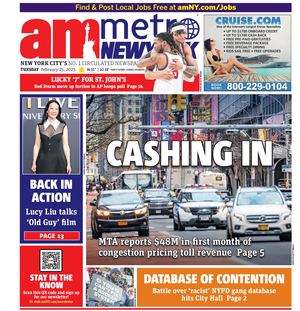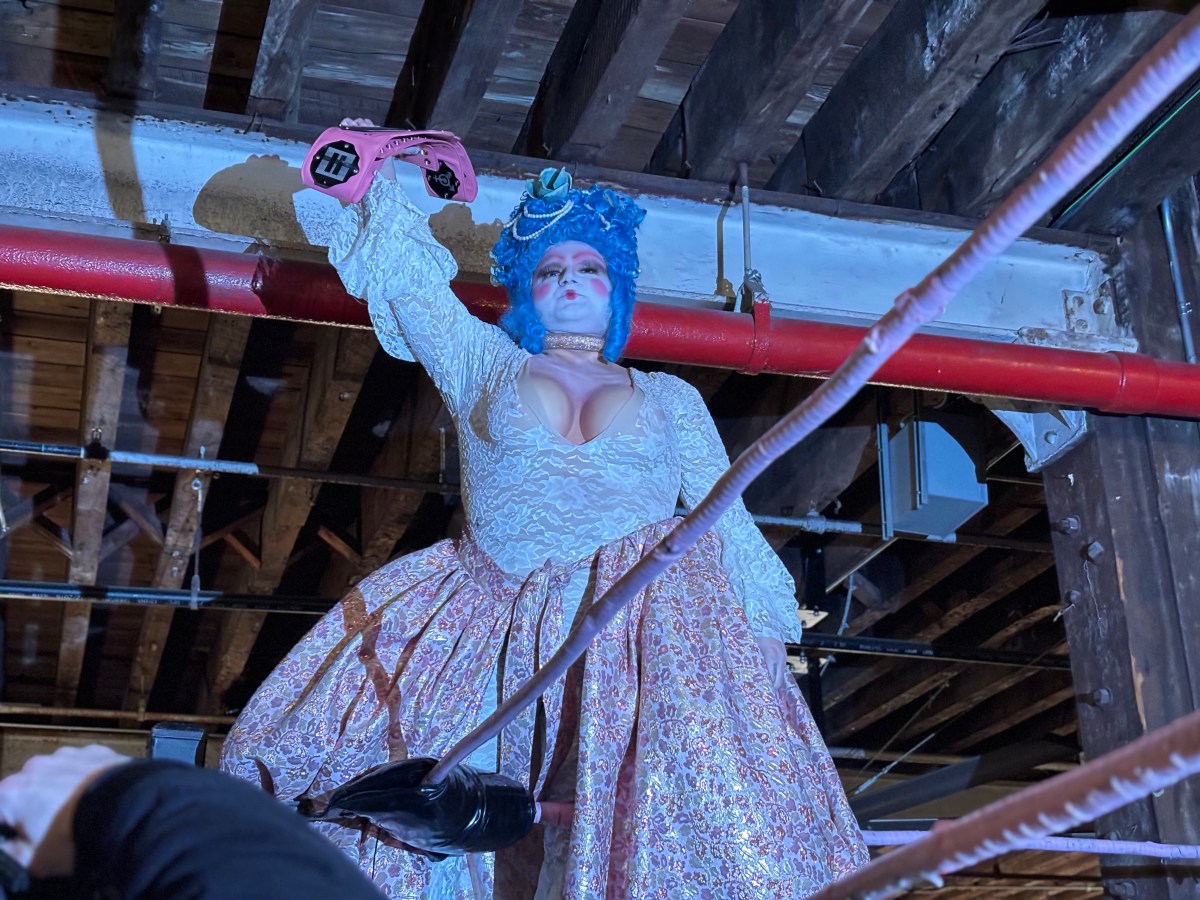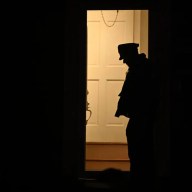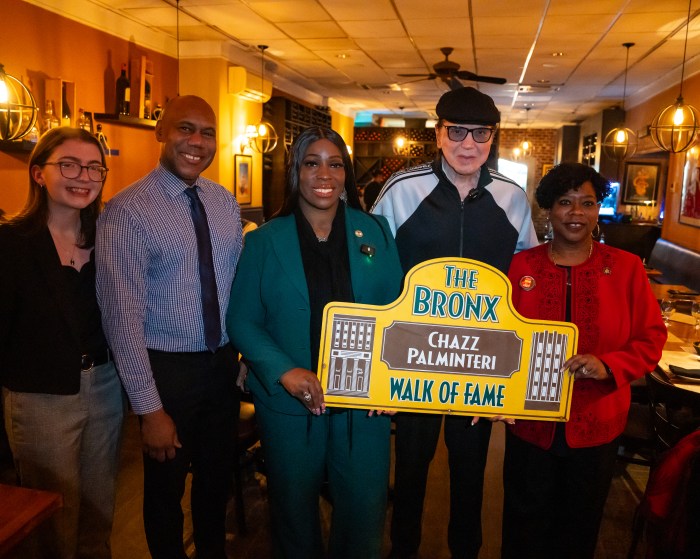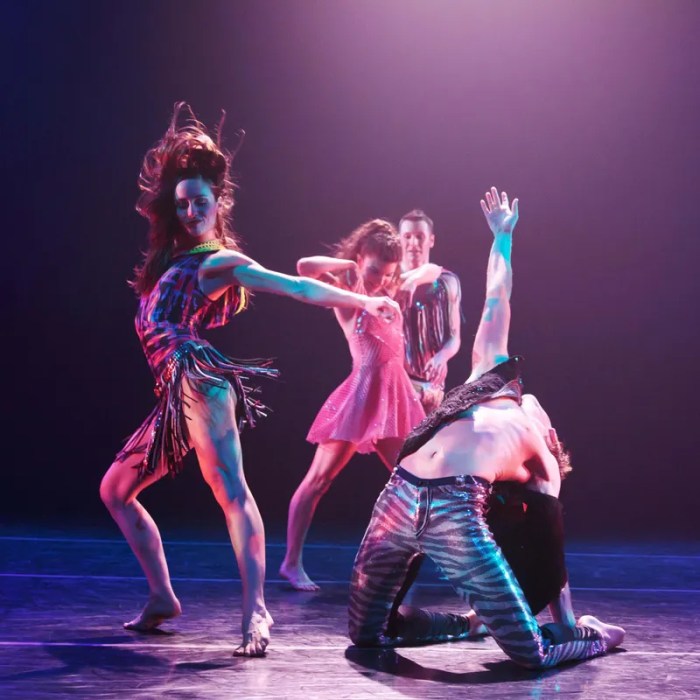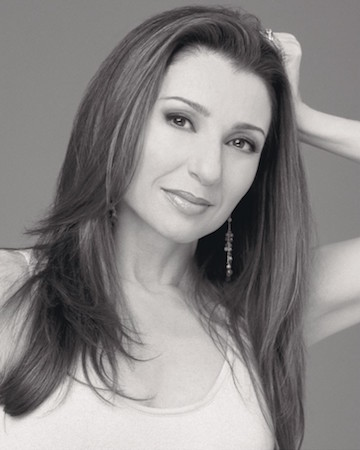
BY CHRISTOPHER BYRNE | Two key factors have had a serious impact on Broadway ticket prices in the past 10 years. Dynamic pricing, a standard practice in sports and airlines, has allowed producers to vary prices by the performance. Ticket reselling, legal in New York since 2007, means that you can almost certainly get into any show you want at any time… if you’re willing to pay the price, sometimes at a price 10 times the listed ticket price. Savvy producers have created tiers of premium tickets as well.
If you want to see Bette Midler in “Hello, Dolly!,” you can pay anywhere from $675 to $998 for a front row seat, depending on the performance, and if you want to see it tonight, you can — for about $1,000 for an average orchestra seat. Only you can determine if that’s a good value for you. I paid $350 for a front row mezzanine ticket, and I would have paid twice that. Midler’s performance is theater history, pure and simple.
“Hello, Dolly!” is an interesting case in the whole pricing and accessibility scheme, however, because when Midler gets a much-deserved break from her performance, the role of Dolly Gallagher Levi is taken on by no less than Broadway veteran Donna Murphy. Tickets for these performances are much more in line with typical Broadway prices, and availability is very good at the box office. You could pay as little as $59 to sit in the balcony, which given the intimacy of the Shubert Theatre is pretty good.
Donna Murphy, Christine Lahti both present sturdy characters in powerful theatrical events
I took advantage of a Broadway Week deal to go back and see Murphy in the role, and she is, in a word, spectacular. A star in her own right, with two Tonys (and three additional nominations) to her name, Murphy has an incredible talent and range perfectly suited to the role of Dolly. She is an actress who can command the stage, and her Dolly has a depth that can be surprisingly moving when her antic business of arranging things for everyone else gives way to her own vulnerability. At the heart of her performance is the portrayal of a widow at the turn of the 20th century who has to find a way. It’s a tender counterpoint to the role’s manic comedy as Dolly manipulates — with a healthy dose of clever stratagems and serendipity — happy endings for everyone, including herself. Murphy’s impeccable comic timing and wonderful singing make this a rich and unforgettable performance.
Of course, the rest of the production is magnificent as well. It’s why we fell in love with musicals in the first place. It’s so full of heart and comedy, wonderful dancing, dazzling costumes, and perfect performances by the rest of the company that it’s impossible not to be swept away by this production. David Hyde Pierce is hilarious as Horace Vandergelder, and Kate Baldwin is touching and hilarious as Irene Molloy. Like Dolly, Irene is a woman trying to craft a life as a widow in a time that was not friendly to single women. It’s a tribute to director Jerry Zaks that in addition to all the comedy and color he has gently introduced this darker subject into the mix; it gives the characters dimension and truth, no small feat in a really big show.
Gavin Creel and Taylor Trensch are wonderful as Cornelius and Barnaby, respectively, two clerks on a spree in New York. Supported by a superlative ensemble, this is a show you shouldn’t miss.
As the rapturous cheers of the audience faded after the curtain call, I was completely ready to have them start all over again. That, of course, didn’t happen, but I will be back in January as Bernadette Peters takes over the role. And speaking of savvy producers, what theater lover would miss that? Here’s some good advice: buy your tickets now.

Suzan-Lori Parks’ profound and moving play “F**king A” is an homage to the Epic Theatre of Brecht in its form and themes, and its focus on power and oppression picks up on much of her other work, as well. Though set in an unnamed place, the echoes of contemporary America are unmistakable, from the way in which money is used to manipulate power to the marginalization and objectification of women and the glaring disregard for suffering in people’s midst.
Parks has said that this play, presented with “In The Blood” at Signature Theatre under the banner “The Red Letter Plays,” is a riff on “The Scarlet Letter.” It is not a retelling, indeed there are few similarities aside from a main character named Hester who is branded with an “A.”
Hawthorne’s Hester is an adulterer, while Parks’ is an abortionist who had the choice of continuing her work or going to jail, but both women are devoted to their illegitimate children.
Park’s Hester, however, turns to revenge against the people who imprisoned her son and a system that keeps changing so that she cannot buy his freedom, or even an afternoon’s picnic with her son whom she has not seen in thirty years. Prison has turned her son, once named Boy and now called Monster, into a hardened criminal who, after escaping from prison, is sought by bounty hunters. Hester’s final act for her son is grim and tragic yet saves him from certain torture, gleefully discussed by the hunters in harrowing detail.
Like Brecht, Parks deals in archetypes — the venal mayor, his unfaithful wife, the whore, the outlaw, the hunters, and, of course, the mother. Parks imbues each of these with distinct characteristics and creates tension and empathy in the audience, as did Brecht. Parks has also written a series of songs reminiscent of those Kurt Weill wrote for Brecht, and a unique language called “talk” is a way the women can communicate without the men understanding.
Under Jo Bonney’s precise direction, the stylized production packs a visceral emotional wallop that is pure and powerful theatricality.
The company is excellent. Christine Lahti as Hester delivers a controlled, centered, and intense performance that is a master class in acting. Brandon Victor Dixon as her son skillfully negotiates the conflicting nature of this character — a man tortured by the system but still seeking love and human contact.
Joaquina Kalukango as Canary Mary, the mayor’s prostitute and a friend of Hester’s, is outstanding as a foil to Hester’s darker side. Marc Kudisch as the mayor and Elizabeth Stanley as his wife are both outstanding.
As the butcher who falls in love with Hester, Raphael Nash Thompson gives an unforgettable performance. He is full of heart, and he has a long monologue about his dead wife that is perfect comedy in the midst of the darkness.
This is a play that isn’t content to sit behind the proscenium; it is both confrontational and inviting, drawing one in and balancing the realistic and poetic in a blaze of theatricality that is, to borrow Brecht’s word, epic.
HELLO, DOLLY! | Shubert Theatre, 225 W. 44th St. | Tue, Thu. at 7 p.m.; Wed. Fri.-Sat. at 8 p.m.;Wed., Sat.-Sun. at 2 p.m. | $59-$229 at telecharge.com or 212-239-6200 | Two hrs., 40 mins., with intermission
F**KING A | Signature Theatre Center, 480 W. 42nd St. | Through Oct. 8: Tue. Fri. at 7:30 p.m.; Sat. at 8 p.m.; Wed., Sat.-Sun. at 2 p.m. | $85 at signaturetheatre.org or 212-244-7529 | Two hrs., 20 mins., with intermission
